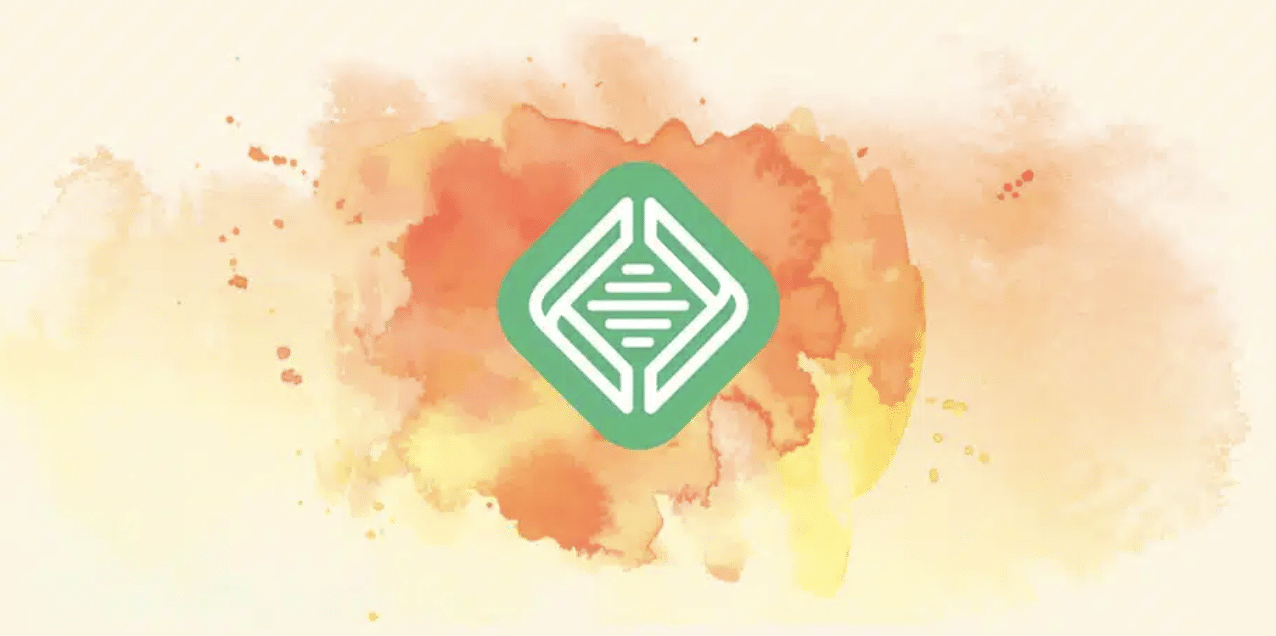ChatGPT is one of the most popular AI tools available for consumer use today. As an AI language model developed by OpenAI, ChatGPT has the ability to generate a wide range of content, including text that may potentially infringe on copyrighted works. In this blog, we will explore how ChatGPT, and other similar AI tools, can inadvertently infringe on copyrighted works and discuss the implications of such infringement.
A note from the editors – join us on May 8 for our free webinar, Find Your Breakthrough AI Business Idea.
Before we can begin a discussion on copyright infringement, we must first understand what a copyright actually entails. Copyright is a legal concept, in the realm of intellectual property, that provides protection to original works of authorship, such as literature, art, music, and software. Similar to other intellectual property devices, copyright protection is automatic once it has been fixed in a tangible medium. One of the most important aspects of copyright law is that it grants exclusive rights to the creators of these works, allowing them to control and monetize their creations. Thus, a copyright is an essential component of brand protection to businesses and artists alike. Any unauthorized use of copyrighted material, including copying, distributing, or creating derivative works, without proper permission from the copyright owner, can constitute copyright infringement.
Most AI language models, including ChatGPT, generate text based on patterns it has learned from a large corpus of data. This data may include copyrighted content, such as books, articles, and websites, which can potentially be incorporated into the output generated by such AI tools. This can inadvertently produce text that may raise copyright concerns. One potential area where ChatGPT and others can potentially infringe on copyrighted works is in the creation of derivative works. Derivative works are new works that are based on or derived from existing copyrighted material. For example, if ChatGPT generates a story that includes characters, settings, or plot elements from a copyrighted book or movie, it could potentially constitute copyright infringement if done without proper authorization from the original copyright owner. This is because the output generated by ChatGPT may be considered a derivative work that incorporates copyrighted content.
Another potential area of concern is in the reproduction of copyrighted text. ChatGPT may generate text that is similar or identical to copyrighted material, which could be considered reproduction without proper authorization. For example, if the AI language generates a paragraph that is copied verbatim from a copyrighted book or article, it could potentially constitute copyright infringement. Furthermore, AI languages may also generate text that includes copyrighted images, logos, or other visual elements. For example, if ChatGPT describes a scene from a copyrighted movie or an AI tool generates an image that includes a copyrighted character, it could also potentially raise copyright concerns.
It’s important to note that the responsibility for copyright infringement lies with the user of the AI tool, rather than with AI tool itself. As an AI language model, ChatGPT does not have the ability to determine whether the content it generates infringes on copyrighted works, and it does not have the knowledge of specific copyright laws or permissions related to specific works. Instead, the company places sole responsibility on the user to ensure that any content generated by ChatGPT complies with applicable copyright laws.
The implications of copyright infringement can be significant. Copyright owners have the right to take legal action against those who infringe on their works, which can result in penalties, fines, and damages. Additionally, the unauthorized use of copyrighted material can harm the original creators’ ability to monetize and control their works and can also negatively impact the potential market for their works.
To mitigate the risk of copyright infringement when using ChatGPT or any other AI language model, it is important to be aware of and follow copyright laws. Here are some best practices to consider:
- Use original content: When using ChatGPT or any other AI language model, try to generate original content that does not rely on copyrighted material. Avoid using characters, settings, plot elements, or text from copyrighted works without proper authorization.
- Obtain proper permissions: If you want to use copyrighted material in the content generated by ChatGPT, make sure to obtain proper permissions from the original copyright owner. This may involve obtaining a license, permission, or other legal authorization to use the copyrighted material.
- Attribute and cite sources: If ChatGPT generates text that includes content from copyrighted sources, it’s important to properly attribute and cite those sources. Give credit to the original authors or creators by including proper citations, references, or acknowledgments in your content. This can help demonstrate that you are using the copyrighted material for legitimate purposes, such as for criticism, commentary, or educational purposes, which may be protected under fair use or other exceptions in copyright law.
- Be cautious with images and visual elements: Although ChatGPT only generates content at the moment, if other AI models, such as Midjourney, generate images or visual elements, be mindful of using copyrighted images, logos, or other visual elements without proper authorization. Consider using royalty-free or creative commons images or creating your own original visual elements to avoid potential copyright infringement.
- Stay informed about copyright laws: Copyright laws vary by jurisdiction and can be complex. It’s important to stay informed about the copyright laws in your country or region and to understand the implications of copyright infringement. Seek legal advice if you have any questions or concerns about using copyrighted material in the content generated by ChatGPT.
- Be mindful of commercial use: If you plan to use the content generated by ChatGPT for commercial purposes, such as in a product, service, or for-profit publication, it’s especially important to be cautious about potential copyright infringement. Commercial use of copyrighted material without proper authorization can result in severe legal consequences, including substantial fines and damages.
- Finally, use content moderation tools: Some platforms or applications that use AI language models, including ChatGPT, may have content moderation tools that can help identify and flag potential copyright infringement. Utilize these tools to help identify and mitigate any potential infringement in the content generated by ChatGPT.
In conclusion, while ChatGPT and other AI language models offer powerful capabilities for generating text, it’s important to be aware of the potential risks of copyright infringement. Users of any AI language model should exercise caution when using copyrighted material in the content generated by the model and take necessary steps to obtain proper permissions, attribute sources, and follow applicable copyright laws. By being mindful of copyright laws and best practices, users can minimize the risk of unintentional copyright infringement and ensure that the content they create using AI is legal and ethical. Remember, the responsibility for copyright compliance lies with the user, and it’s important to always respect the rights of original creators and their copyrighted works.
If you need help determining if your AI generated content could be potentially infringing on another’s copyrighted works, feel free to contact Hebert-Thomas Law, PLLC for help.

